India’s film industry, colloquially known as “Bollywood”, has long been celebrated for its glitz and glamour, producing some of the biggest and most beloved movies in the world. However, there is a dark side of Bollywood that often goes unreported.
The link between Bollywood and organized crime has been a subject of discussion and controversy for many years, with several high-profile incidents bringing it to the forefront.
One of the most famous incidents that brought this issue to light was the murder of Bollywood actor Gulshan Kumar in 1997.
Also read: A Journey through the Lives of Indian Celebrity Kids
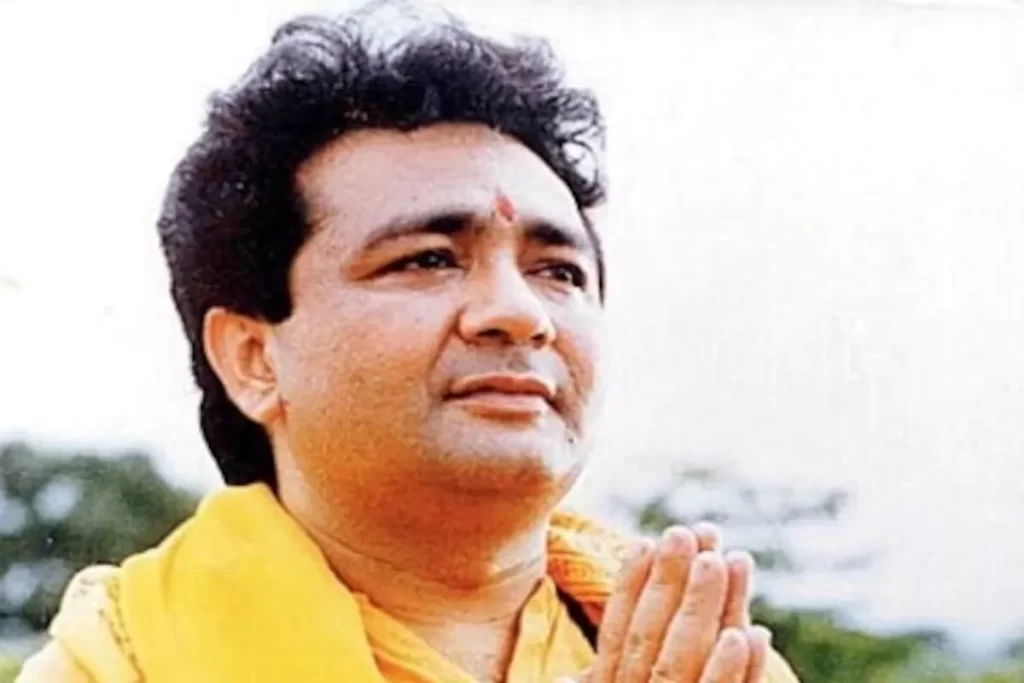
Kumar, who was the owner of a music label called T-Series, was shot outside a temple in Mumbai by members of the Dawood Ibrahim gang.
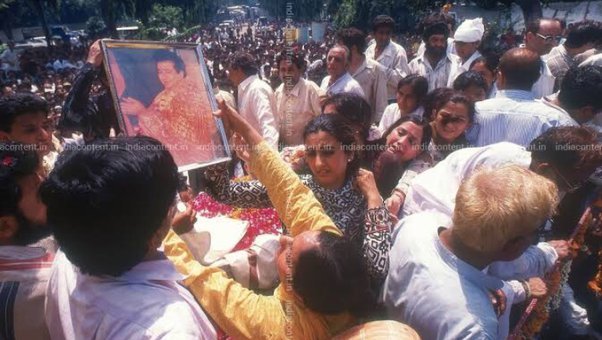
The motive behind the murder was reportedly a dispute over music copyrights, and it highlighted the nexus between Bollywood and organized crime.
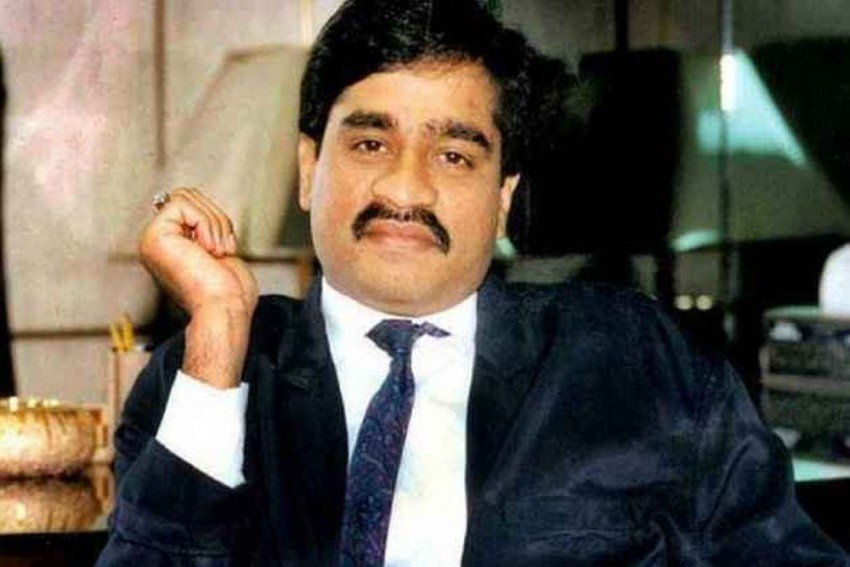
Another incident that exposed the link between Bollywood and organized crime was the 2013 IPL spot-fixing scandal.

Several Bollywood celebrities, including actor Vindu Dara Singh and film producer and director Raj Kundra, were found to be involved in betting on cricket matches and passing on inside information to bookies.

The scandal involved players, bookies, and Bollywood celebrities, highlighting the deep connections between various industries in India.

In recent years, the Narcotics Control Bureau (NCB) has been investigating the use of drugs in Bollywood.

Boycott Bollywood Trends after Sushant’s Suicide
In 2020, actress Rhea Chakraborty was arrested by the NCB for allegedly procuring drugs for her boyfriend, actor Sushant Singh Rajput, who died by suicide that same year.
The case garnered widespread attention and sparked a larger investigation into drug use in Bollywood, with several other high-profile celebrities being named in the probe.
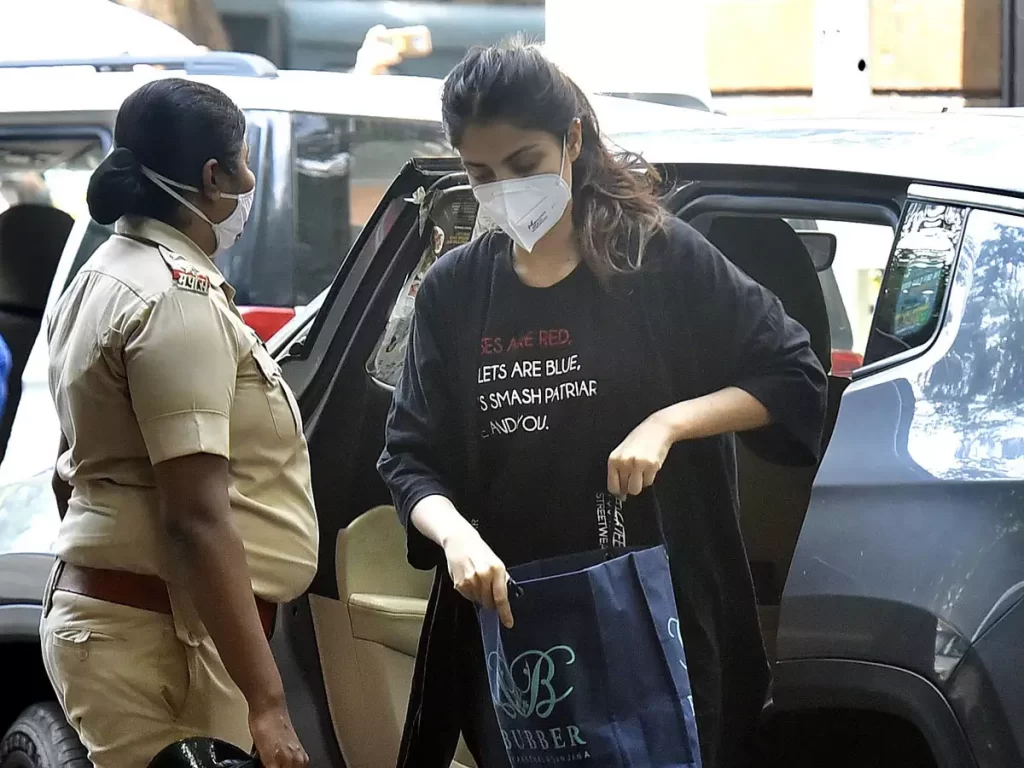
The link between Bollywood and organized crime is not a new phenomenon. In the past, several celebrities have been convicted of having ties with the underworld.
For example, actor Sanjay Dutt was arrested in 1993 for his involvement in the Mumbai bombings and was found to have connections with the Dawood Ibrahim gang. Dutt was convicted and sentenced to five years in prison.
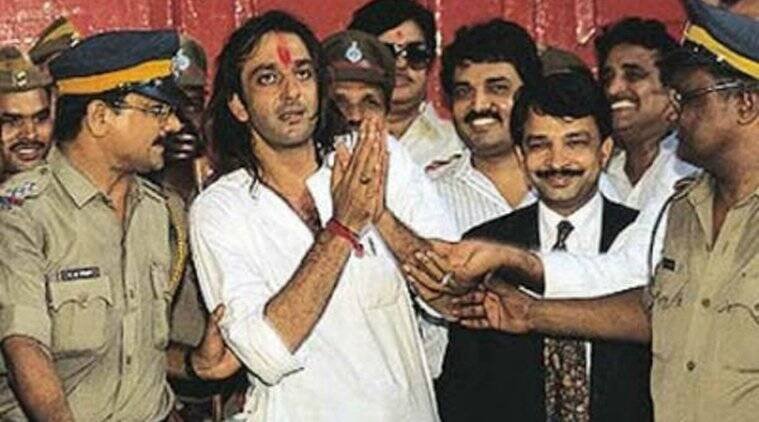
Similarly, in 2013, actor and former Member of Parliament, Nagma, was named as a witness in a case against gangster Chhota Rajan. According to reports, Nagma had allegedly received threatening calls from Rajan’s men, who demanded that she pay protection money.
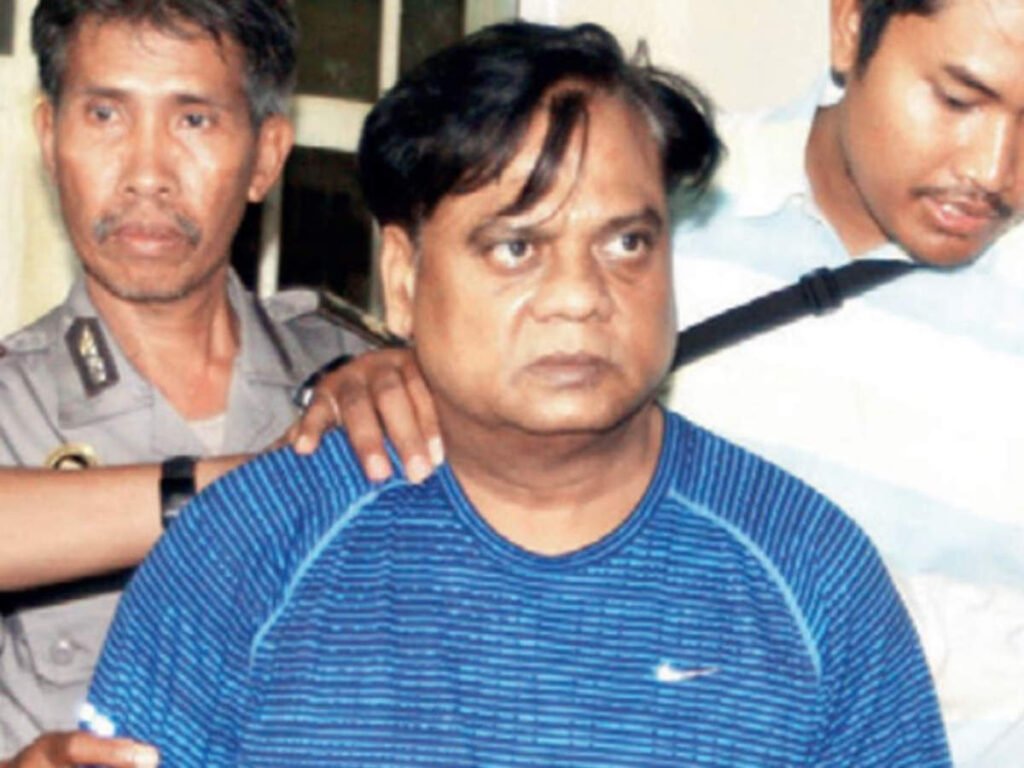
The issue of Bollywood’s connection to organized crime is complex and multifaceted. On one hand, it is driven by the desire for power and money. On the other hand, it is fueled by the culture of impunity that exists in India, where those with money and influence can often escape justice.
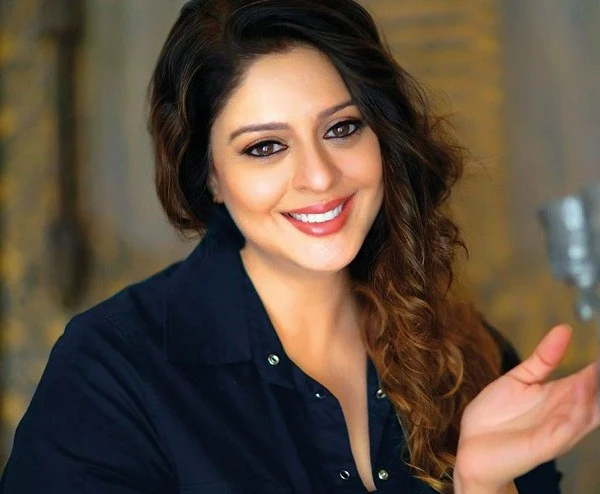
The Indian government has made some efforts to crack down on organized crime in the film industry. For example, the Maharashtra government recently formed a committee to investigate allegations of drug use in Bollywood.
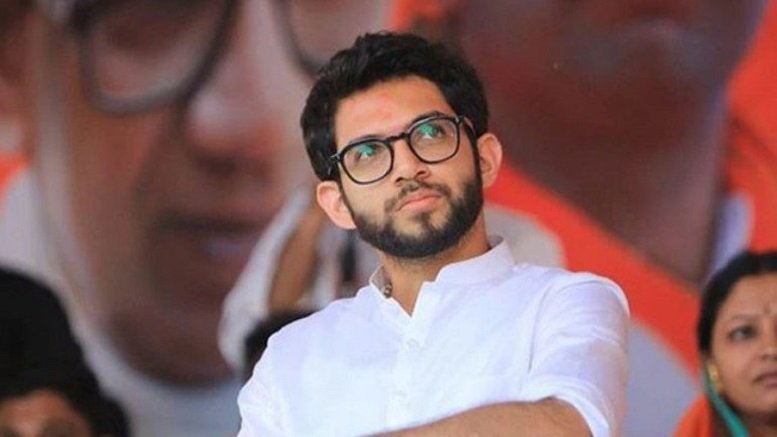
However, more needs to be done to tackle this issue and ensure that the film industry operates with integrity and accountability.
In conclusion, the link between Bollywood and organized crime is a serious issue that needs to be addressed.
While there have been several high-profile incidents that have brought it to light, more needs to be done to ensure that the film industry operates with transparency and accountability. Only then can it truly live up to its potential as a global cultural powerhouse.
Read next: LGBTQ+ Celebrities in India



